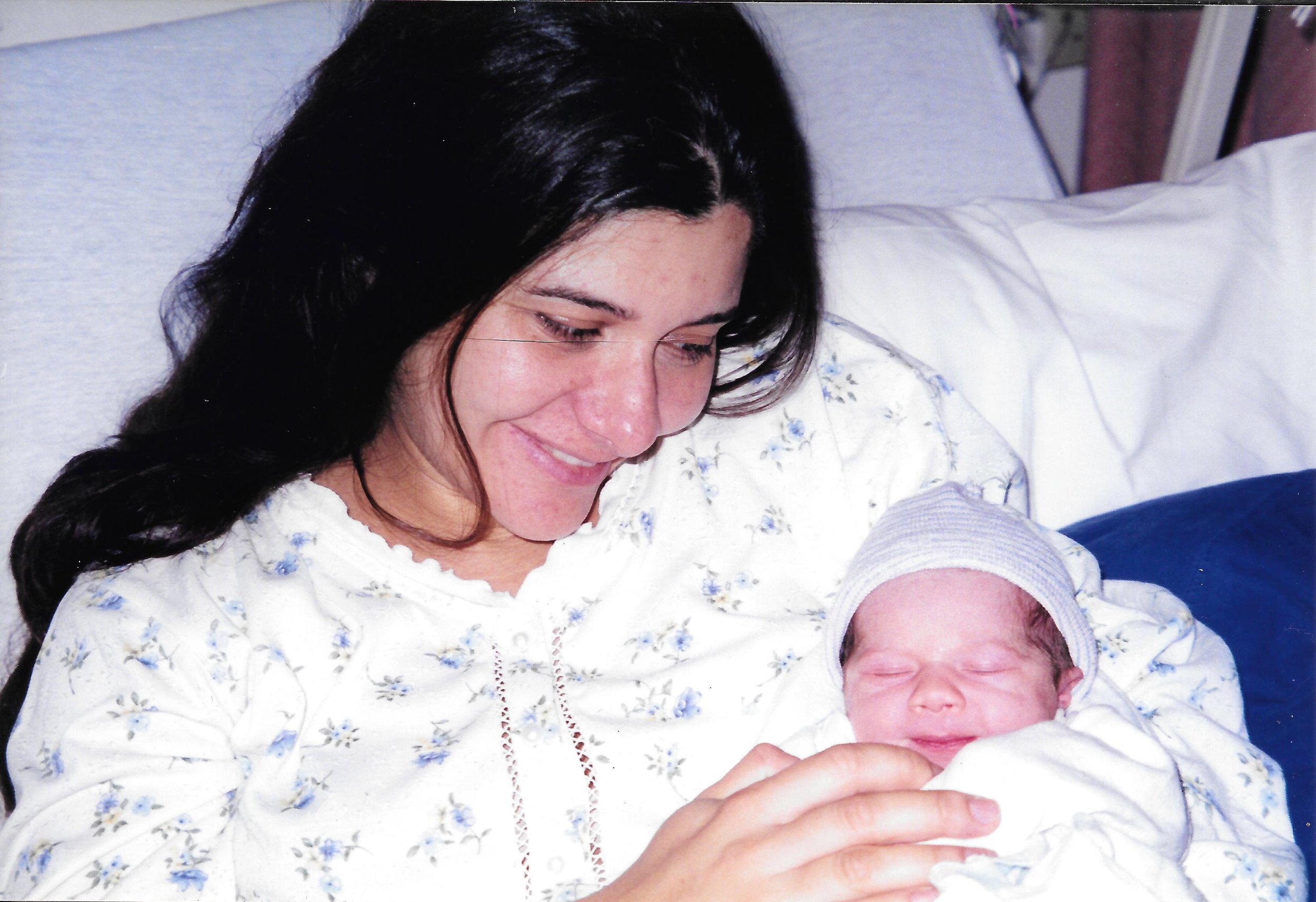O dia da Doula de 2024 vai ficar pra sempre na minha memória e sempre que lembrado meu coração se encherá de alegria.
Na verdade, essa foi a primeira vez que eu comemorei o dia da Doula. Essa é a época do ano mais movimentada pra mim. Festas da escola dos filhos, encontros de fim-de- ano, filhos chegando da faculdade, sempre partos pra atender …
Esse ano foi diferente. Junto com várias Doulas de diferentes cidades da região dos Lagos do Rio de Janeiro, celebrei a sorte de ter encontrado essa profissão, refletimos juntas os desafios da profissão e compartilhamos ideias de como melhor auxilarmos as famílias de nossas comunidades.
Nasceu o PartoLagos - um grupo de conversa entre Doulas, Parteiras e outros profissionais da assistência do nascimento juntamente com as famílias da região.
Que honra ser uma Doula, que difícil também…
Doula é fonte de inspiração, humaniza o gestar, parir e nutrir. Doulas são pesquisadoras ferrenhas que educam com responsabilidade e respeito. Doula acompanha, educa, vibra, apoia, ouve, se importa, se preocupa, celebra, ajeita, segura, relembra, conforta. Pra isso acontecer, ela dorme mal, não tem férias, dia de folga, ou plano de saúde. Chega atrasada pra buscar filho na escola, perde festividades familiares e da escola dos filhos, atende o telefone no meio do jantar. E mesmo assim, amamos ser Doula! E quando nos reunimos a certeza de termos feito a escolha profissional certa, só aumenta. As dúvidas e frustrações da profissão se diluem.
Sai desse encontro encantada, inspirada e convocada.
Encantada com tanta sabedoria juntas … como são sábias as Doulas!
Inspirada a botar em prática projetos rascunhados para a nova fase da minha carreira.
Convocada a mentorar Doulas de forma oficial, mais organizada e ampla.
Que bom ser Doula! Que bom que você optou por investir na sua experiência de parto e em tudo que será afetado por ela.
Viva as Doulas! Viva a todas as nuances do parto que só elas compreendem e consegue enxergar.
Preparadora de Parto, Doula e Cuidados no Resguardo Buzios e redondezas @irinadoula_inbrazil













